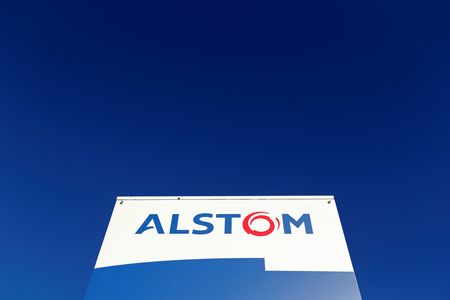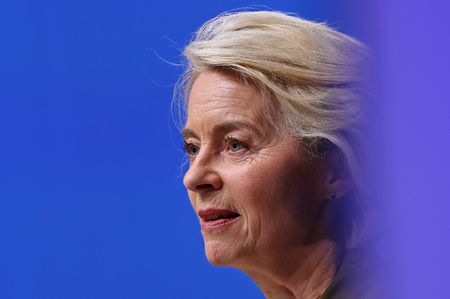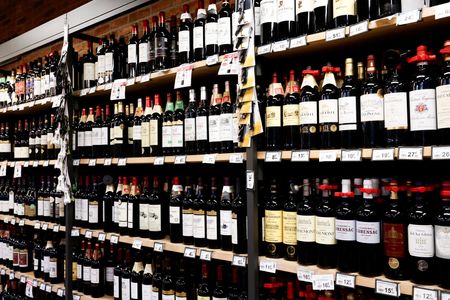(This Jan 21. story has been corrected to clarify that Alstom will reevaluate its no-dividend policy once it eliminates net debt, not “resume returning profits to shareholders,” in paragraph 7)
By Anna Peverieri and Alban Kacher
(Reuters) – French train maker Alstom on Tuesday reported higher than expected sales for its third quarter, helped by double-digit revenue growth in its systems and services divisions.
Alstom, which makes trains and signalling systems for urban and regional rail networks, reported sales of 4.67 billion euros ($4.86 billion) in the quarter ending Dec. 31. Analysts on average had anticipated 4.49 billion euros, according to a Visible Alpha consensus. The group’s sales increase was supported by the performance of its systems division, up 26% on an organic basis, as well as the contribution from services, up 11% year on year.
Services are among areas Alstom wants to increasingly focus on as they offer higher yields and predictability, a company representative told Reuters ahead of the earnings release.
Alstom has been trying to cut debt and improve its finances, stretched in part because of problem contracts it inherited after the 2021 acquisition of Bombardier’s rail business.
“We are driving costs efficiency measures as planned and nearing the end of our integration efforts, allowing us to confirm our financial targets for FY 2024/25,” group CEO Henri Poupart-Lafarge said in a statement on Tuesday.
Alstom, which has adopted a no-dividend policy to help tackle its debt – which stood at 927 million euros as of end-September last year – will reevaluate this policy once it eliminates its net financial debt, the company representative said. The group expects to exceed 4 billion euros in revenue from services this year, compared with the 1.5 billion in 2020, the company representative, who spoke on the condition of anonymity, said. Out of the five large contracts signed during the quarter, four were attributed for services, notably a 500 million euro deal with an undisclosed European partner announced in late December.
($1 = 0.9602 euros)
(Reporting by Anna Peverieri and Alban Kacher; Editing by Tomasz Janowski)











